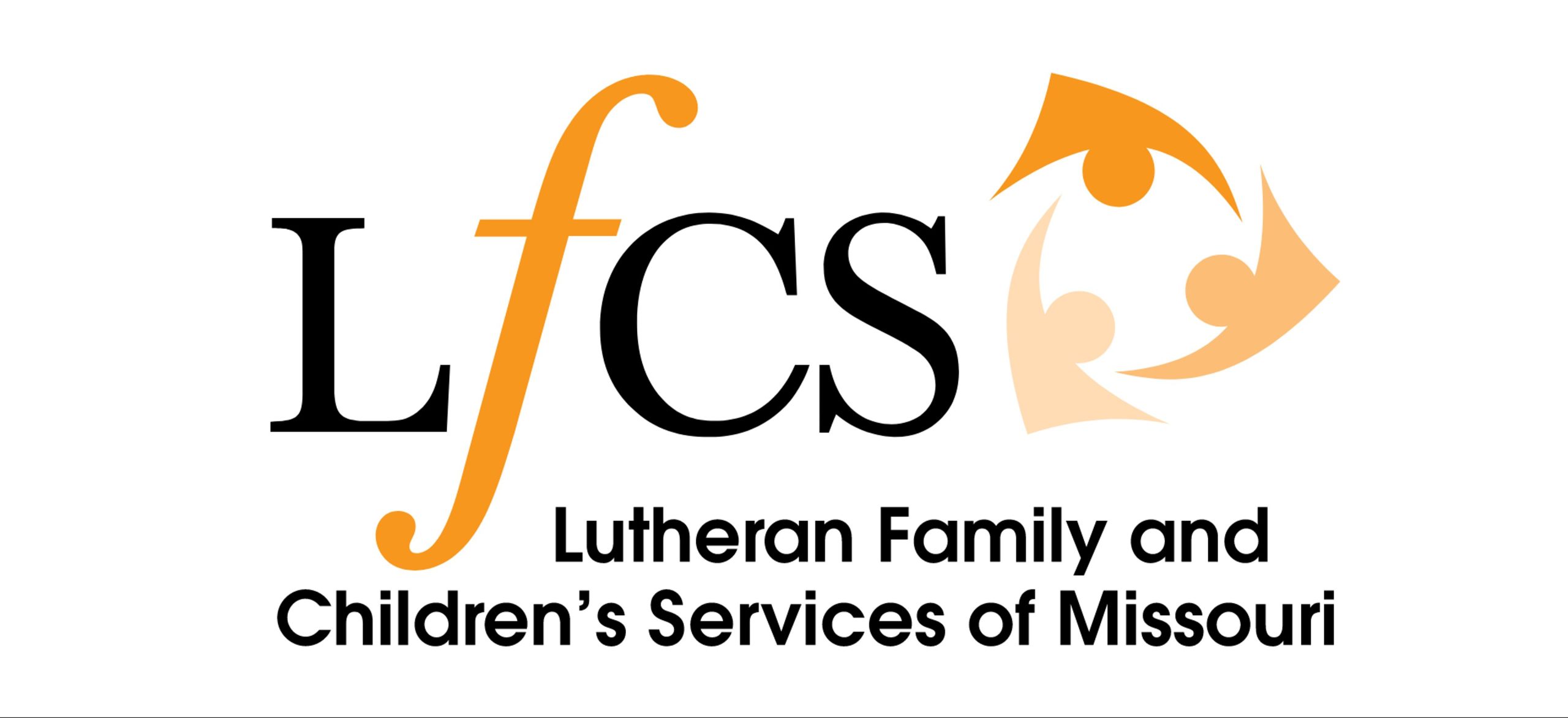The American College of Obstetricians and Gynecologists (ACOG) recommends at least one ultrasound during a woman’s pregnancy. Usually, women have an ultrasound between 18 and 22 weeks, but sometimes it’s helpful to have one earlier in your pregnancy because of the vital information it provides.
What Is an Ultrasound?
Ultrasound is a diagnostic method that uses sound waves to create an image of the inside of your body. For a transabdominal ultrasound, a technician places a gel on your abdomen and rubs an instrument known as a transducer through the gel.
Transvaginal ultrasound requires the technician to place the transducer into your vagina after covering it with a sheath (like a condom) and gel. The transducer picks up echoes of the sound waves bouncing off the inside of your uterus. Those echoes become images on a computer screen.
Depending on how far along you are in your pregnancy, you can hear your baby’s heartbeat and see their fingers and toes. Later ultrasounds even reveal facial features and the baby’s gender.
Why Would I Consider Having an Ultrasound?
Healthcare providers use ultrasound for a variety of reasons. A standard ultrasound exam can do the following:
- Monitor the baby’s growth and development
- Detect congenital abnormalities (looking for the possibility of birth defects)
- Reveal the baby’s genitals
- Check for the likelihood of miscarriage
- Determine the location of the placenta
- Screen for genetic disorders
A limited ultrasound, performed around 6 to 8 weeks, often provides the following information:
- It confirms the viability of the pregnancy. A viable pregnancy is growing with a detectable heartbeat. About one in four pregnancies end in a natural miscarriage, so if you are getting conflicting results on pregnancy tests, an ultrasound can help.
- Establish the gestational age (how far along you are in your pregnancy).
- Determine the number of babies you’re carrying.
- Learn the location of the pregnancy (some women have ectopic pregnancies, which means the pregnancy is growing in the wrong area).
Where Can I Get an Ultrasound?
If you would like more information about the benefits of ultrasound or where to find access to a free ultrasound, visit Missouri Alternatives to Abortion. Our network of providers offers free resources for pregnant women in Missouri who want to carry their unborn child to term instead of having an abortion.
Based on your latest tax filing, you must make less than 185% of the federal poverty level and be a U.S. citizen living in Missouri to be eligible for the program.
Take advantage of the many free resources available for a healthy pregnancy and a positive future. We’re ready to assist you.














